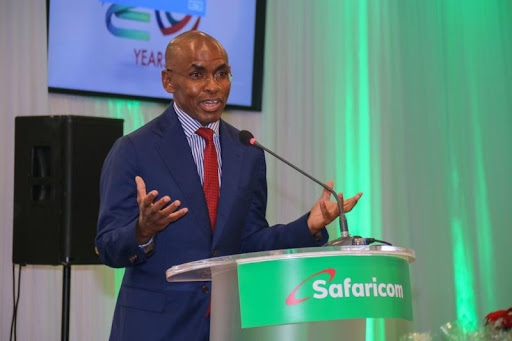The state through the National Treasury has launched a national governance report that will be produced on a two-year basis to highlight the country’s development prospects for future decision-making.
This is with the target of aligning the country to the 2063 development agenda enshrined in the African Union Agenda 2063, and the UN Sustainable Development Goals (SDGs).
Speaking during the launch event, State Department for Economic Planning PS James Muhati said it is an honor for the country to have been selected to pilot the implementation of the NGR framework.
“The reports would serve as a national barometer of governance status, based primarily on national realities, country innovation and homegrown solutions,” Muhati said.
He noted that the absence of objectivity and real data by external institutions which have been assessing governance in most African countries, has arguably been a major challenge in evaluating the state of governance.
“This is despite the countries’ capacity and means to perform their own assessment by utilizing locally generated data and information.”
NEPAD/APRM Kenya Secretariat CEO, Samori Okwiya, also speaking during the event, reiterated the importance of the report, highlighting the governance initiatives that have necessitated the outcome of the review report.
“Resolution 32 of the fourth devolution conference, that took place in 2017, paved the way for county governments to voluntarily agree to adopt a peer review model akin to the one at the continental level, holding each other to account on matters of governance and development,” Okwiya said.
“Currently, the peer review mechanism covers 11 counties and will be implemented in all the 47 counties, using the Kenya National Bureau of Statistics recommended focus group discussions, and key informant interview tools.”
He added that the process will be subjected to a validation engagement, between the esteemed panel members and the county leadership, and thereafter submitted to the County Peer Review Mechanism summit for a review conversation.
Nevertheless, Okwiya said with the current need for good political will, civic education, and strengthened formal and informal justice systems, the national report will play a vital role in providing credible, up-to-date and reliable data on governance issues.
"This is for national, regional, continental and international stakeholders," he said.
The report tracks back to 2017 when the African Union Commission (AUC), expanded the mandate of the APRM to include monitoring and reporting in all key aspects of governance.
The NGR was initiated by the AU General Assembly as an extra mechanism through which member states of the APRM can every two years, assess their governance performance against a limited number of key economic indicators.
Member states were urged to develop their own NGR, and Kenya was selected to be one of the pioneer countries in Africa, to pilot and undertake the NGR study.







